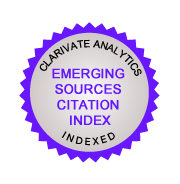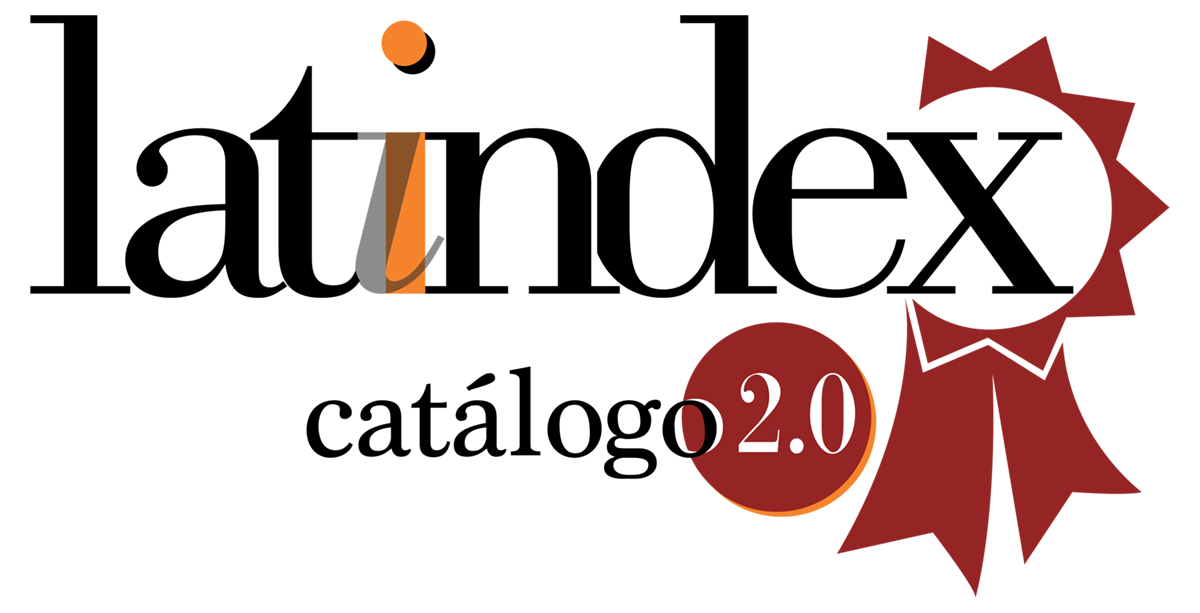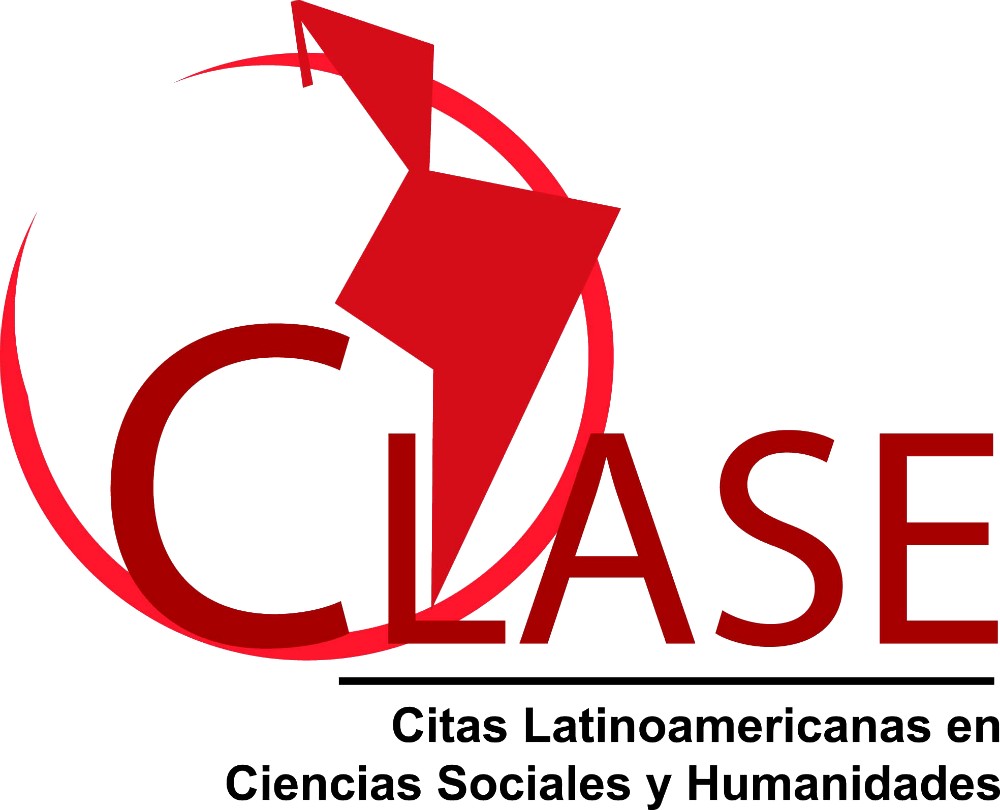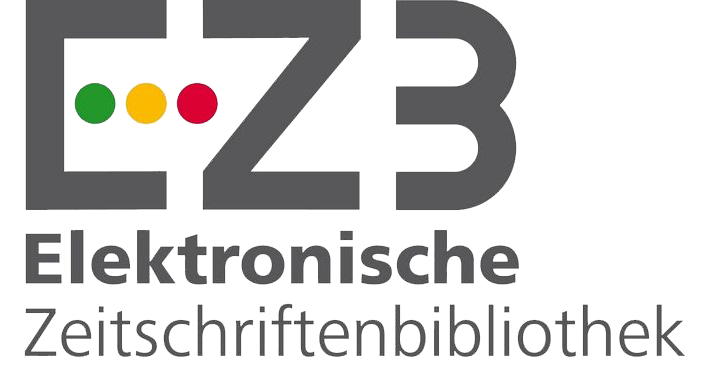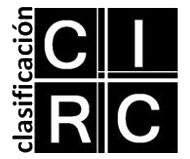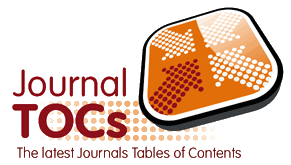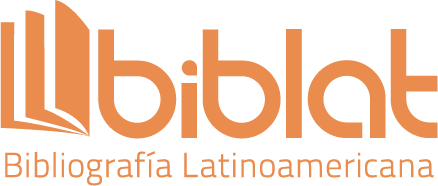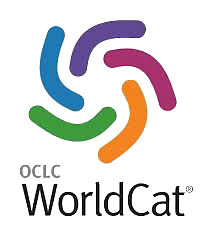Animales inapropiados/bles. Notas sobre las relaciones entre transfeminismos y antiespecismos
DOI:
https://doi.org/10.24215/16696581e236Keywords:
Transfeminism, Anti-speciesism, Veganism, PosthumanismAbstract
This article seeks to address the relations between feminisms and anti-speciesism, in the context of the question of the sacrificial and normative character of the human. In the first place, the problematization of speciesism will be inscribed in the framework of the deconstruction of the order of power that Donna Haraway called the "white capitalist patriarchy". In the second place, will be delimited some limits of certain anti-speciesist feminist discourse, particularly that of Carol Adams, concerning both her binary view of gender and her stance on sex work. Finally, it will be reflect on the potential of thinking anti-speciesism and vegan politics in an intersectional key, in order to bet on "alliances" that displace the cis-heteropatriarchal, racist, capacitist and specist production of the human norm, and that they also resist the capitalist mode of production.
Downloads
References
Adams, C. (2017) “Proteína feminizada: significado, representaciones e implicancias”. En Andreatta, M.; Pezzetta, S.; Rincón, E. (Eds.). Crítica y animalidad: cuando el otro aúlla. (pp. 72-97) La Plata: ELECA. Recuperado de: http://bit.ly/criticayanimalidad
Butler, J. (1993). Bodies That Matter: On the Discursive Limits of “Sex”. New York & London: Routledge
Butler, J. (2004) Vida precaria. El poder del duelo y la violencia. Buenos Aires: Paidós, 2004
Butler, J. (2010) Frames of War: When Is Life Grievable? London & New York: Verso, 2010
Butler, J. (2015) Notes toward a performative theory of assembly. Cambridge, Massachusetts: Harvard University PresS.
Derrida, J. (1989) “'Il faut bien manger' ou le calcul du sujet”. Entretien avec Jean-Luc Nancy, Cahiers Confrontation, 20. Recuperado de : https://redaprenderycambiar.com.ar/derrida/frances/derrida_manger.htm
Dutkiewicz, J. (2013) “Postmodernism, Politics, and Pigs”. PhaenEx: Journal of Existential and Phenomenological Theory and Culture, 8(2), 296-307, DOI: https://doi.org/10.22329/p.v8i2.4097
González, A. (2018) “Cuerpos (animales) que importan. Apuntes provisorios sobre la muerte del Hombre”. Anacronismo e irrupción. Revista de Teoría y Filosofía Política Clásica y Moderna, 8(15), 33-55.
González, A. (2019) “Lecturas animales de las vidas precarias. El «discurso de la especie» y las normas de lo humano”. Tabula Rasa, 31, 139-159.
González, A.; Ávila, I. (2014) “Resistencia animal, ética, perspectivismo y políticas de subversión” Revista Latinoamericana de Estudios Críticos Animales; Año I vol. I 35-50. Recuperado de:
http://revistaleca.org/journal/index.php/RLECA/article/view/4/3
Hamilton, C. (2016) “Sex, Work, Meat: The Feminist Politics of Veganism”. Feminist Review, 114(1), 112–129.
Hammer, I. (11 de marzo de 2011) “The oppression of universal assumptions: Rhetoric vs. Reality”, Recuperado de: http://veganideal.mayfirst.org/content/oppression-universal-assumptions-rhetoric-vs-reality
Haraway, D. (1992) Ecce homo, ain’t (ar’n’t) I a woman, and inappropriate/d others: The human in a post-humanist landscape. En J. Butler, J. Scott. Feminists theorize the political, (pp. 86-100). London: Routledge.
Haraway, D. (2007) When Species Meet. Minneapolis: University of Minnesota Press
Haraway, D. (1995) Ciencia, cyborgs y mujeres. La reinvención de la naturaleza, Madrid, Cátedra
Preciado, P. B. (2014, 26 de septiembre). Le féminisme n’est pas un humanisme. Libération. Recuperado de: www.liberation.fr/chroniques/2014/09/26/le-feminisme-n-est-pas-un-humanisme_1109309
Preciado, P. B. (2013) “Decimos revolución”. En: Solá, M.; Urko, E. (Ed.) Transfeminismos. Epistemes, fricciones y flujos. Txalaparta: Tafalla,
Preciado, P. B. (2016) Testo Yonqui. Sexo, drogas y biopolítica. Buenos Aires, Paidós
Stanescu, J. (2013) “Beyond Biopolitics: Animal Studies, Factory Farms, and the Advent of Deading Life”. Phaenex, 8(2), 135-160
Wadiwel, D. (2002) “Cows and Sovereignty: Biopower and Animal Life”. Borderlands, 1(2). Recuperado de: http://borderlands.net.au/vol1no2_2002/wadiwel_cows.html
Wolfe, C. (2003) Animal Rites: American Culture, the Discourse of Species, and Posthumanist Theory. Chicago: University of Chicago Press.
Downloads
Published
How to Cite
Issue
Section
License
La aceptación de un original por parte de la revista implica la cesión no exclusiva de los derechos patrimoniales de los/as autores/as en favor del editor, quien permite la reutilización, luego de su edición (postprint), bajo una Licencia Creative Commons Atribución-NoComercial-CompartirIgual 4.0 Internacional (CC BY-NC-SA 4.0)
Acorde a estos términos, el material se puede compartir (copiar y redistribuir en cualquier medio o formato) y adaptar (remezclar, transformar y crear a partir del material otra obra), siempre que a) se cite la autoría y la fuente original de su publicación (revista y URL de la obra), b) no se use para fines comerciales y c) se mantengan los mismos términos de la licencia.
La cesión de derechos no exclusivos implica que luego de su edición (postprint) en Question las/os autoras/es pueden publicar su trabajo en cualquier idioma, medio y formato; en tales casos, se solicita que se consigne que el material fue publicado originalmente en esta revista.
Tal cesión supone, también, la autorización de los/as autores/as para que el trabajo sea cosechado por SEDICI, el repositorio institucional de la Universidad Nacional de La Plata, y sea difundido en las bases de datos que el equipo editorial considere adecuadas para incrementar la visibilidad de la publicación y de sus autores/as.
Asimismo, la revista incentiva a las/os autoras/es para que luego de su publicación en Question depositen sus producciones en otros repositorios institucionales y temáticos, bajo el principio de que ofrecer a la sociedad la producción científica y académica sin restricciones contribuye a un mayor intercambio del conocimiento global.






